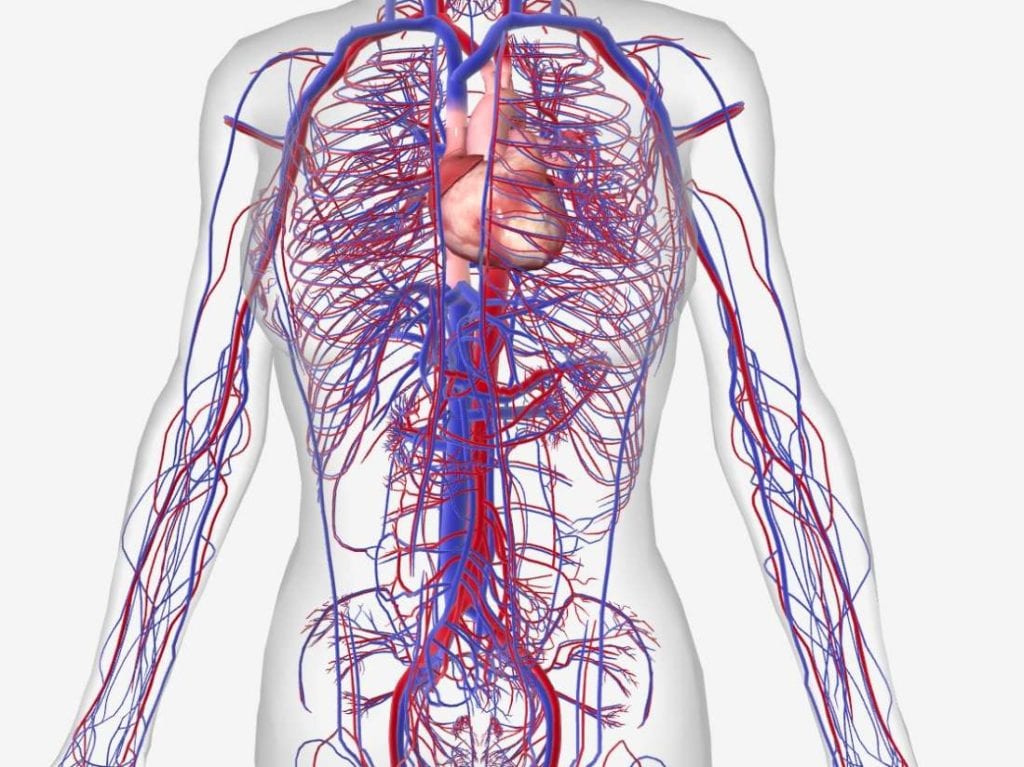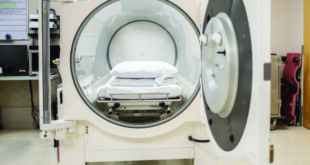Testosterone is produced by both men and women although women normally maintain it at a much lower level. For men, though, it’s a vital hormone that is responsible for developing male attributes and maintaining them healthy and working properly. A man starts to produce it as early as around the seventh week after conception. It rises during puberty to help a boy to develop in the right way, it peeks in his late teen years, then levels off a little and stays around it until the boy is 30. After that, it’s normal to observe a gradual decrease in testosterone every year.
It’s possible for a man to produce too little testosterone which may lead to hypogonadism. This condition can be treated with hormonal therapy prescribed by a doctor who then also has to monitor the process. It’s extremely important to maintain this hormone at a normal, stable level as it’s responsible, or partly responsible, for many different things – reproductive system, sexuality, muscle mass, bone density, and it can even affect man’s behavior and general well-being. Depending on the cause and the unwanted effects, the level of testosterone can be stabilized by hormonal therapy, supplements, injections, and even special gels. It’s important to read supplementreviews and consult your doctor before you do anything, though, as you can do some serious damage to your organism.
So how exactly does testosterone affect the body?
1. Reproductive system and sexuality

Testosterone helps form male genitals – the process starts as early as seven weeks after conception. Then, when a boy hits puberty, the production of this hormone peaks and the penis, testicles and pubic and body hair grow, the voice deepens and sexual desire appears. Testicles are responsible for the majority of regular testosterone and sperm production. However, long-term testosterone therapy may actually cause the production of sperm to drop, a prostate to grow and testicles to get smaller and softer. If the level of testosterone is low, men may experience ED (erectile dysfunction) which can lead to an overall lower desire for sex. Also, a longer period of sexual inactivity can contribute to the decline in testosterone production as sexual stimulation and sexual activity causes it to rise. According to the experts at Boston Medical Group, many men can find solutions to their ED at home but if you have not been able to solve the problem through other means, you may want to talk with one of the trusted professionals about receiving a testosterone boost. You may be surprised to know how many symptoms you are actually experiencing are caused by low testosterone.
2. General well-being
Testosterone is partly responsible for men’s higher level of aggression and an urge to dominate, it makes them more competitive and confident. That’s why competitive activities can cause testosterone level to rise and fall, just like the sex or lack of it. As a result, a low level of this hormone can make a man feel worse – less motivated, sombre and less confident. It can also cause sleep disorders and the loss of concentration and energy. However, it’s never the main reason, only a factor.
3. Skin and hair

When a boy becomes a man, testosterone, apart from many other important things, cause the growth of hair, especially on the face, legs and arms (a little bit on the chest, but it takes more time), in the armpits and around the genitals. If the level of this hormone drops, it may lead to some significant hair loss while a testosterone therapy may be bad for skin – it makes it oily which causes acne and other skin irritations.
4. Bones, fat, muscle
Testosterone contributes to the development of muscle bulk and overall strength. It also helps a growth hormone so it’s easier for men to build muscle through exercise. Plus, it increases neurotransmitters which support tissue growth. What’s more, this hormone helps with bone density and the production of red blood cells by the bone marrow. When the level of testosterone drops, men are more likely to suffer from bone breaks and fractures. They are also able to burn fat better than women, as testosterone is helpful when it comes to that.
5. Circulatory system

Testosterone helps the bone marrow manufacture red blood cells; some scientists say that it also has a good effect on the heart, while others link it with cholesterol, bad blood pressure, and clot-busting ability. Hormonal therapy may cause the number of blood cells to rise and cholesterol to change.
6. Woman’s body
If the level of testosterone is too high among women, in most cases it’s because of PCOS, which is polycystic ovary syndrome. Their ovaries contain multiple cysts and the symptoms are irregular periods, worse fertility, hair growth on the face, darkened, thick skin, weight gain, depression, and anxiety. Whether the level of testosterone goes higher because of the disease or drugs, women can experience many of the problems that men may have.
As you can see, testosterone plays a crucial role in a human’s body, especially in men’s. It’s important to maintain it at a normal level so remember to draw your blood regularly to keep an eye on it. Also, always follow your doctor’s orders and recommendations and don’t start any kind of therapy by yourself.
 Imagup General Magazine 2024
Imagup General Magazine 2024



